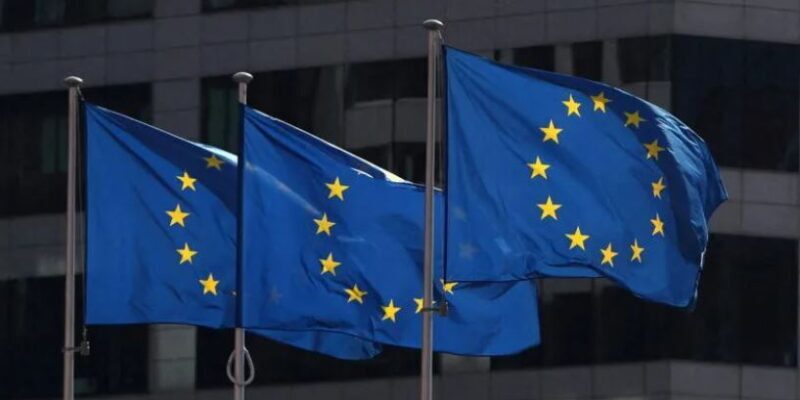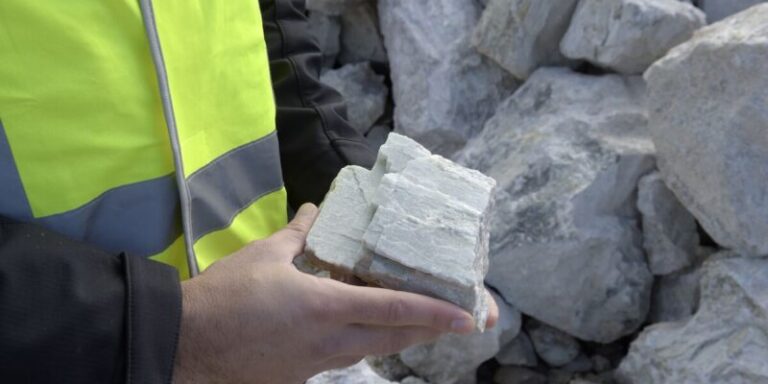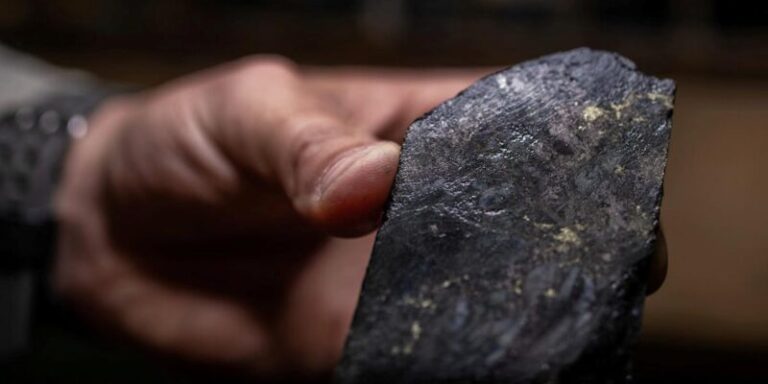
European firms, including automakers and financial institutions, are urged to increase investment in critical minerals to support the region’s development of domestic sources for the energy transition, according to the CEO of an EU-funded organization.
Bernd Schaefer, CEO of EIT RawMaterials, emphasized the need for greater equity investment from financial institutions and commitment from downstream players to meet the objectives outlined in the Critical Raw Materials Act (CRMA) and accelerate Europe’s green transition.
The CRMA, set to enter into force soon, aims to boost the production of minerals essential for electric vehicles (EVs), wind turbines, and other renewable energy technologies.
Under the CRMA, the EU has established targets for domestic mineral production by 2030, including 10% mined, 25% recycled, and 40% processed within Europe.
With a forecasted surge in demand for raw materials like lithium, cobalt, copper, and rare earths, European governments are encouraged to follow the lead of countries like the US, which offers significant tax incentives for domestic production in the green energy sector.
Schaefer highlighted collaborations such as the partnership between Germany’s Vacuumschmelze (VAC) and General Motors, underscoring the importance of implementing EU action plans for critical minerals.
He emphasized the need for European companies to overcome risk aversion and increase investment to ensure their competitiveness in the global market.
Despite challenges, initiatives like Neo Performance Materials’ rare earths permanent magnet factory in Estonia demonstrate progress towards establishing a European supply chain for critical minerals.
However, urgent action and investment are needed to ensure Europe’s strategic position in the green energy transition.








